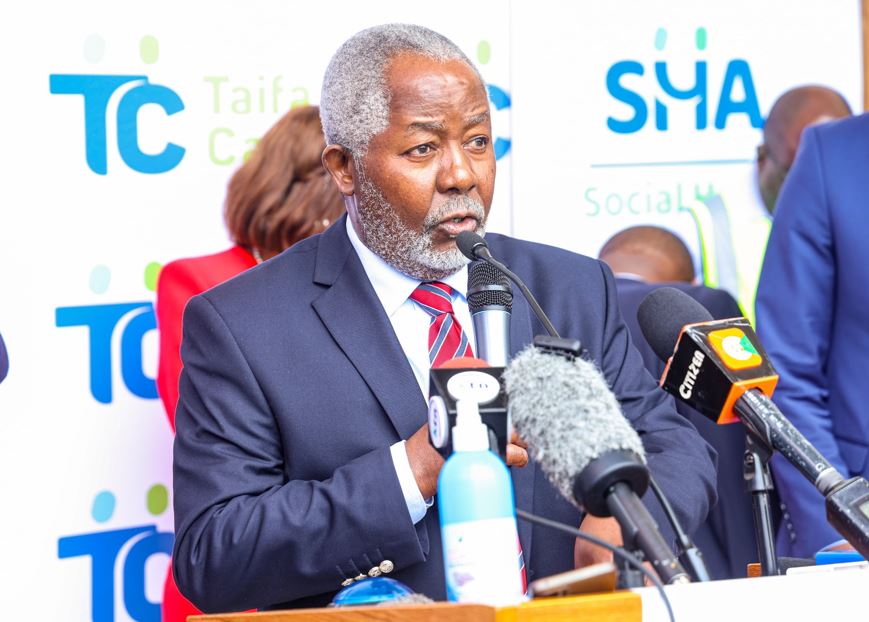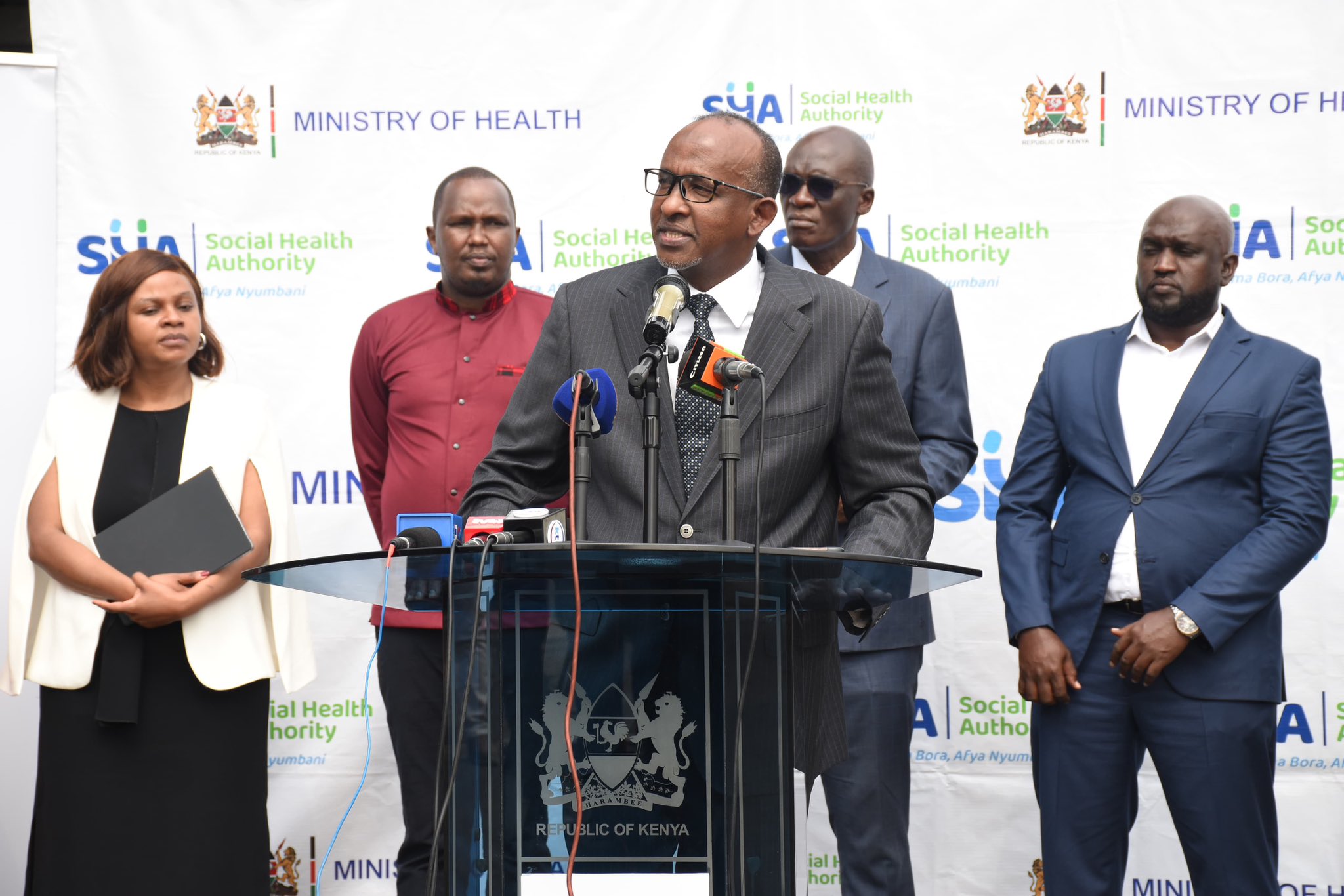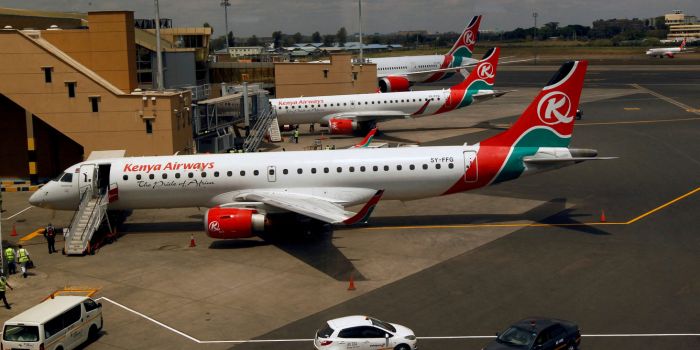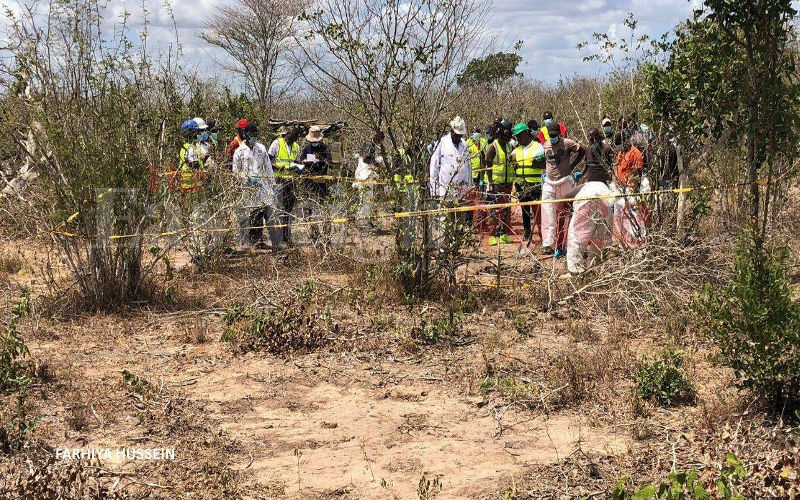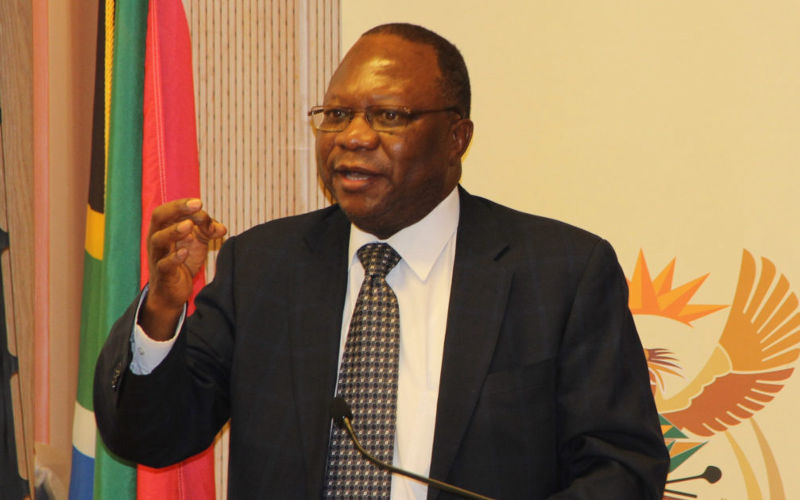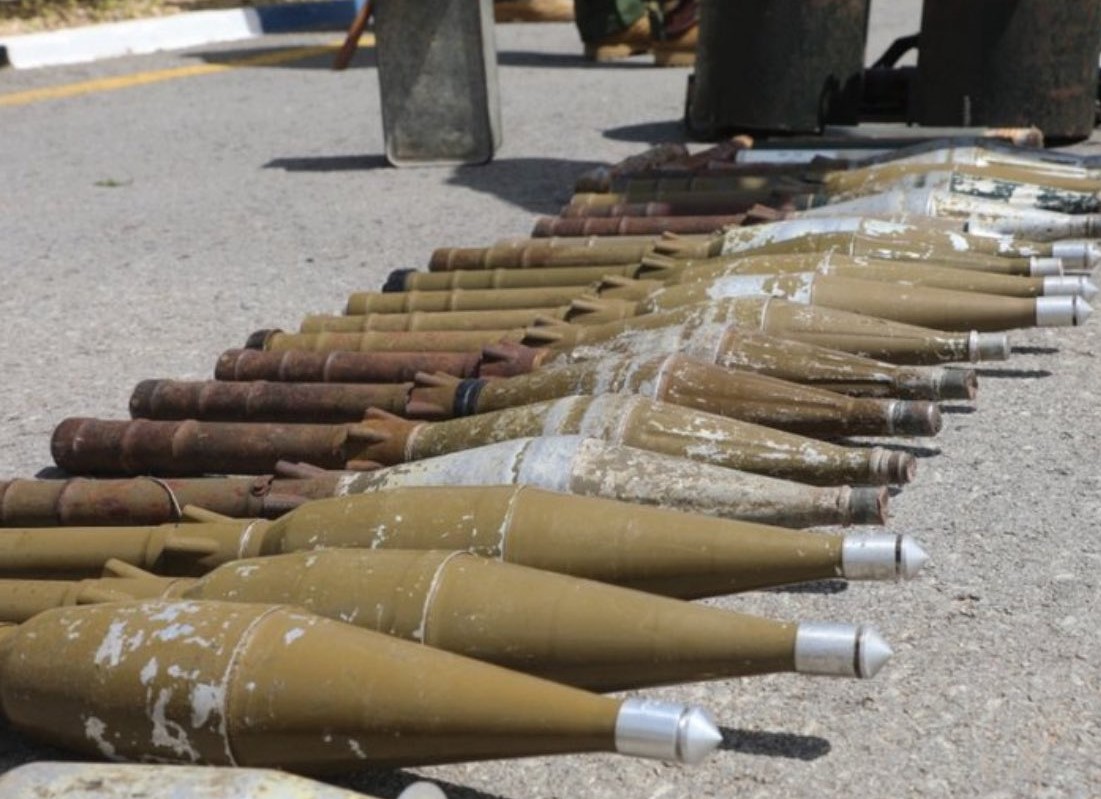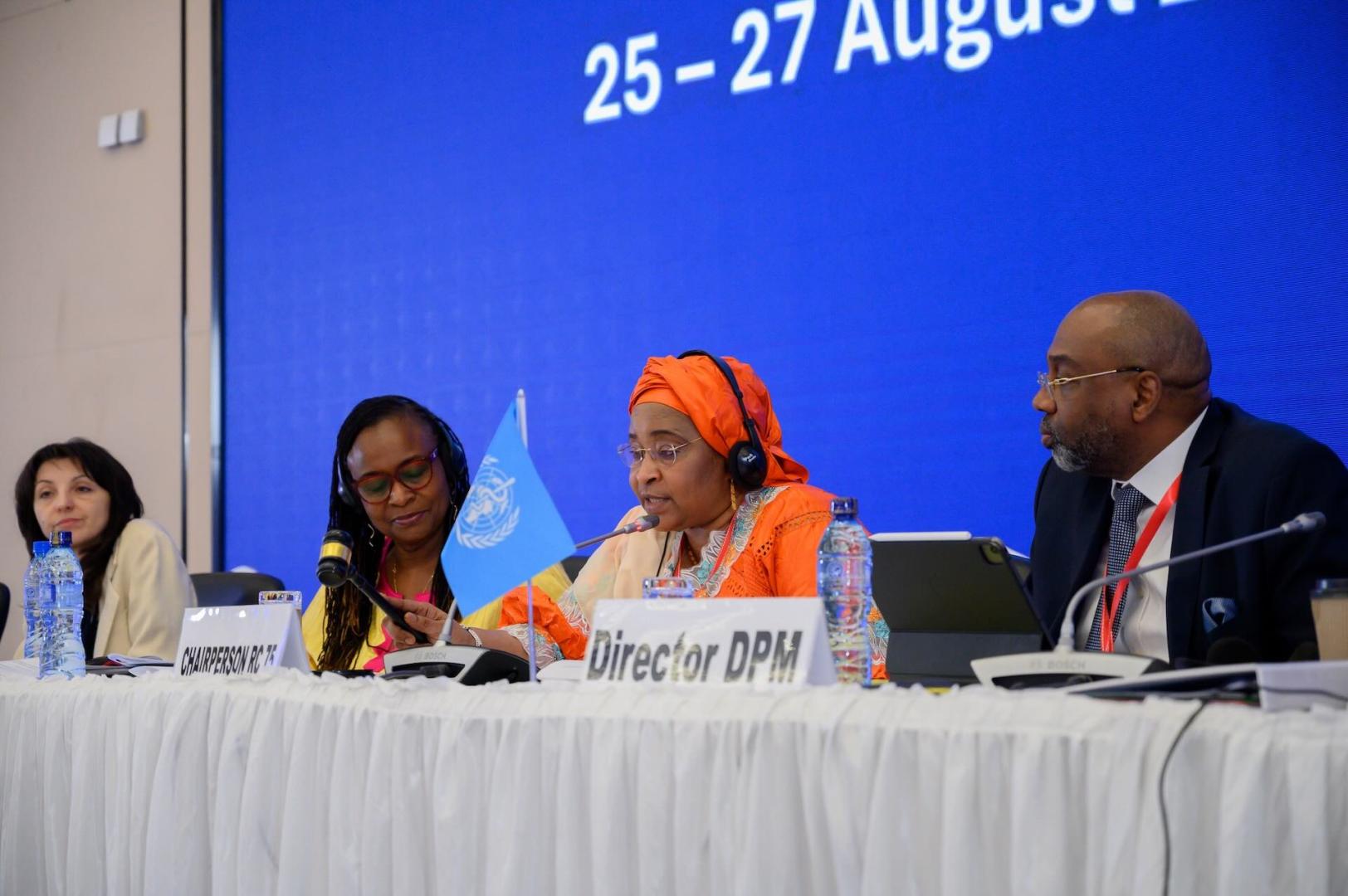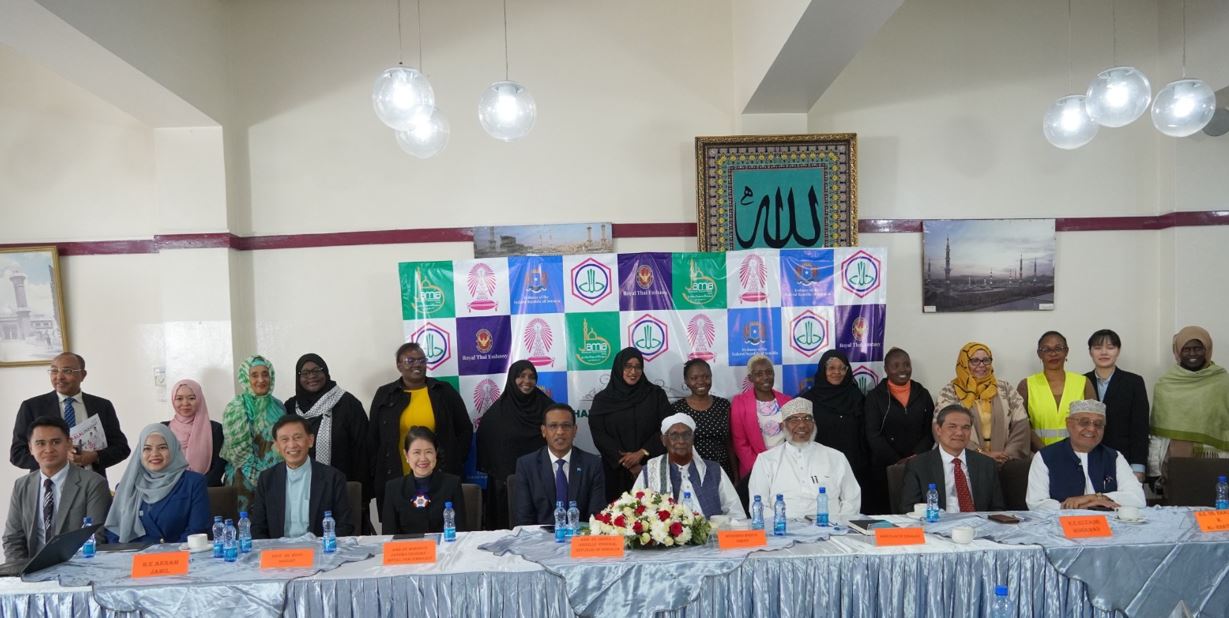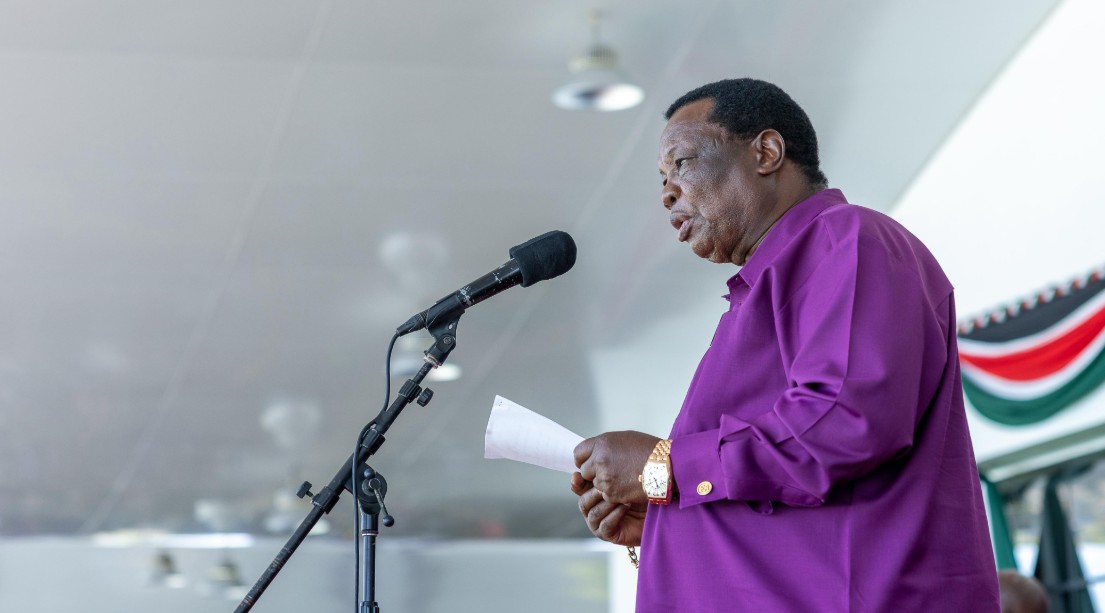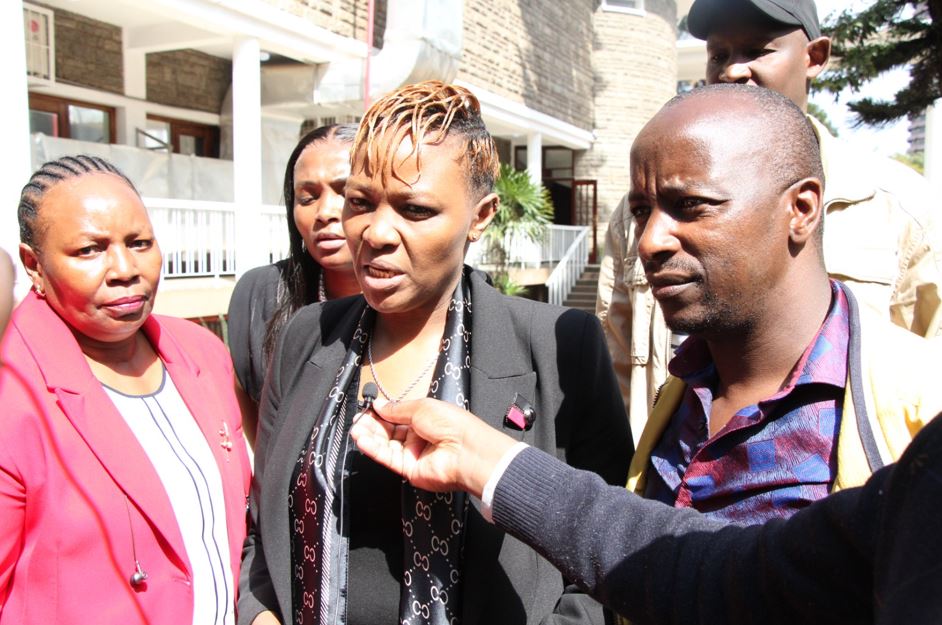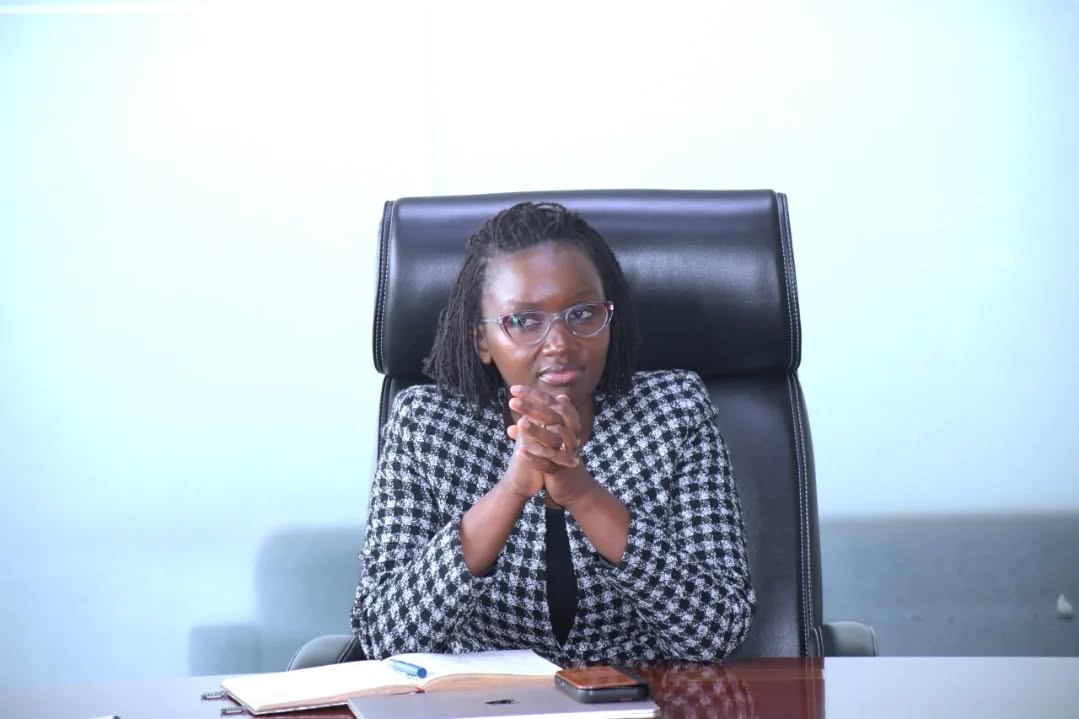PS Oluga warns of health facilities faking staff, equipment to obtain licenses
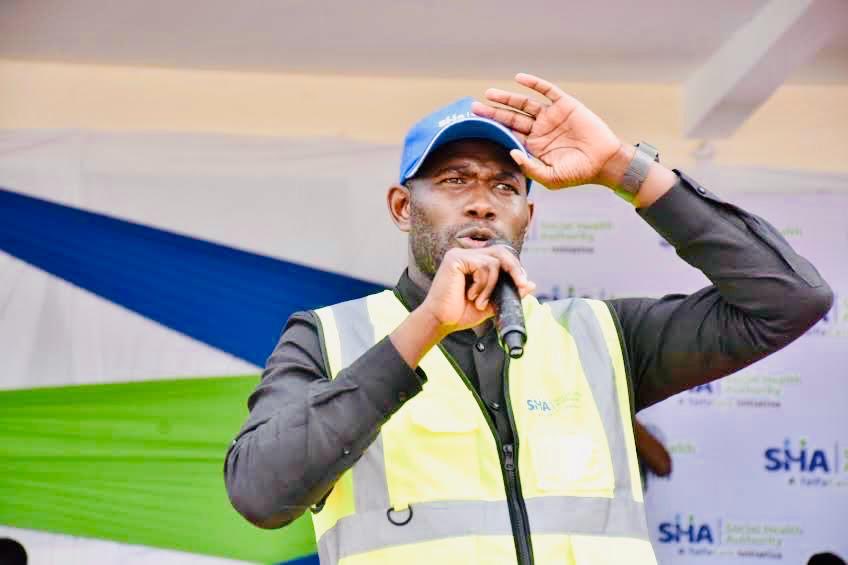
Dr Oluga noted that some facility operators manipulate the system by temporarily presenting qualified personnel and equipment during inspections to secure a license, but later redeploying staff and removing essential equipment to other facilities.
Principal Secretary for the State Department of Medical Services, Dr Ouma Oluga, has warned that some health facility operators in Kenya are misleading regulators by temporarily providing qualified staff and equipment during inspections to obtain licenses, only to remove them afterwards.
He described the practice as part of a broader societal problem and a “culture of cheating” that undermines the licensing process and compromises healthcare quality.
More To Read
- COTU threatens to quit SHA board, cites lack of autonomy
- SHA suspends 45 health facilities amid crackdown on fraudulent claims
- RUPHA raises alarm as ghost hospitals siphon millions of shillings in SHA claims
- Over 700 private hospitals face collapse as SHA, NHIF debts hit Sh76 billion
- Ruto acknowledges SHA, housing project have damaged his approval ratings
- Kenyans entitled to Sh500,000 for treatment abroad for services unavailable locally under SHA - Duale
Speaking during a radio interview on Tuesday, Dr Oluga explained that health facilities are licensed for specific services, such as maternity care, only after rigorous inspections. These inspections assess location, sanitation, staff qualifications, equipment, and overall capacity.
“They bring in qualified physicians, specialised nurses, and advanced equipment like X-ray machines or CT scans during inspections to secure a license. But a year later, the equipment is removed and staff redeployed to other facilities,” Dr Oluga explained. “This misrepresentation is a serious violation of both law and public trust.”
Dr Oluga detailed that health facilities are licensed for specific services, such as maternity care, only after rigorous inspections. He said inspectors include trained health professionals, building inspectors, plant and equipment specialists, and public health officers, and that licenses are renewable after one year.
Dr Oluga noted that some facility operators manipulate the system by temporarily presenting qualified personnel and equipment during inspections to secure a license, but later redeploying staff and removing essential equipment to other facilities.
He said the Social Health Authority (SHA) monitors facilities and raises alerts when services are no longer provided as licensed. Citizens are encouraged to report violations through SHA’s 147 call centre, which receives thousands of complaints daily, he added.
He described the issue as “a societal problem” and emphasised that while inspectors may have conducted proper assessments, it is the Kenyan culture of cheating that allows facilities to misrepresent their capabilities.
"What was documented as available is no longer available. It’s not that the inspectors were wrong—they saw everything. But afterwards, this is basically the Kenyan culture of cheating, and it is a societal problem. Sometimes, as we point fingers at the government, we need to point four fingers at the fabric of society. We need people who truly love the country," said Dr Oluga.
Dr Oluga further highlighted the broader challenge of financing Kenya’s health system, stating that 35 per cent of healthcare funding has traditionally been provided by donors, who are now gradually withdrawing support.
He attributed the withdrawal to Kenya’s transition to a lower-middle-income country after being rebased in 2021 and its improved economic performance, which makes donors prioritise other countries with greater need. He said the government now has to mobilise resources domestically, including the 2.75 per cent contribution from salaries, to sustain the healthcare system.
He urged facility operators and the public to maintain honesty and transparency, saying that the health system depends on institutional integrity and that all stakeholders must prioritise the delivery of quality healthcare to Kenyans.
Top Stories Today
